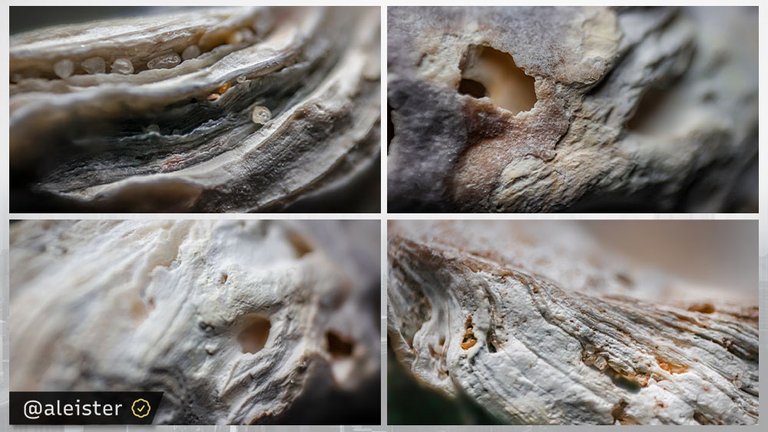
Hi everybody :)
The purpose of this macro photography session is to explore the intricate details of a shell, capturing its unique features with precision and artistry. By closely examining and documenting every aspect of its structure, the aim is to highlight the fascinating textures, patterns, and nuances often overlooked by the naked eye. Additionally, this project focuses on crafting visually compelling compositions that showcase the shell's natural beauty. These images will be featured on this blog, inviting viewers to appreciate the complexity and elegance of this remarkable form.
Used equipments
Camera: Canon EOS 600D Digital SLR with CMOS sensor
Lens: EFS 18-55mm with f/5 maximum aperture, allowing shallow depth of field and capturing fine details.
Used inverter ring
Tripod: not used
Lighting: Adjustable LED lights to provide soft, even lighting, avoiding harsh shadows and highlighting the details of structures.

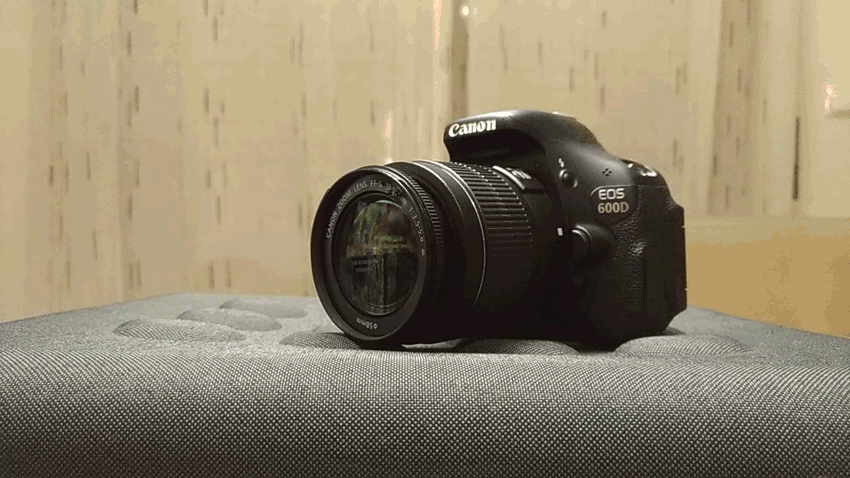
One of the most accessible and budget-friendly approaches to macro photography involves utilizing a camera with a detachable lens. By reversing the lens and attaching it with the help of an inversion ring, everyone can achieve impressive magnification with minimal investment. This simple technique offers an efficient solution for capturing stunning close-up details without requiring specialized equipment.
Technical Description of Macro Photography Session
Camera Settings
Focus Mode: Manual focus to ensure precision in specific details of oyster shell structure.
Aperture: Variable aperture between f/3 and f/5 for adequate depth of field, ensuring all important details are in focus.
ISO: Low ISO setting (400) to minimize noise in images.
Shutter Speed: Adjust shutter speed as needed to avoid underexposure, while maintaining a value that allows you to capture sharp details.
Procedures
- Environment Preparation:
Assembling the macro photography set in a controlled environment, minimizing the presence of dust and ensuring a clean and white surface for positioning the shell. - Section Positioning:
Placing the subject in position that highlight the unique characteristics, using appropriate supports to keep the example stable. - Lighting Adjustment:
Setting the LED lights to provide uniform illumination, adjusting the intensity and angle of the lights to eliminate unwanted shadows. - Image Capture:
Taking multiple shots with variations in aperture settings, shutter speed and capture angle, exploring different perspectives and compositions. - Image Review:
Immediate analysis of images captured on the camera's viewfinder to ensure that all desired details were captured sharply and clearly. - Post-Production Editing:
Importing images into editing software (Adobe Photoshop CS) to adjust brightness, contrast, sharpness and remove any imperfections.
Before moving onto the result...
- My introductory thoughts about macro photography:
Macro photography, in my view, is one of the most magical realms within photography. It’s a journey into a hidden world, where the tiniest details take center stage and transform into something extraordinary. The ability of macro lenses to create dreamy, blurred backgrounds while emphasizing textures and contrasts is nothing short of mesmerizing. Each photograph becomes a gateway to discovering beauty that often goes unnoticed in our daily lives.
What I love most about macro photography is how it reshapes my perspective. Suddenly, the simplest objects—a droplet of water, a leaf vein, or a grain of sand—become subjects worthy of admiration. It feels like unlocking a secret universe, one that invites us to pause and appreciate the art that exists in the smallest corners of the world.
The creative possibilities are endless. Anything can become a masterpiece with the right angle and lighting. What’s most exciting is the element of surprise—how something so ordinary can evoke such wonder when viewed up close. For me, macro photography is more than a technique; it’s an invitation to see the world with fresh eyes, to celebrate the extraordinary within the ordinary.

Let's now move onto the result:
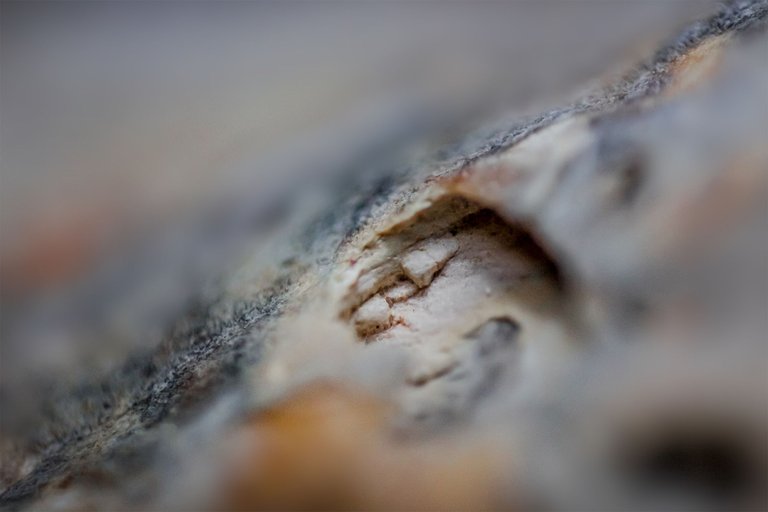
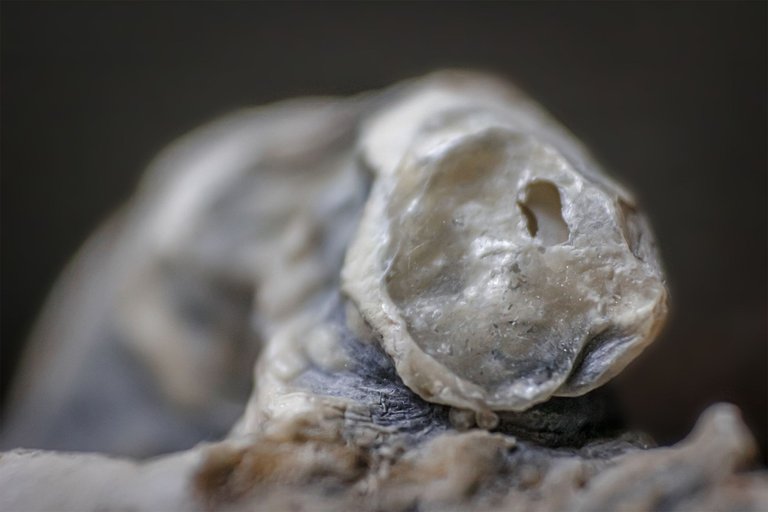
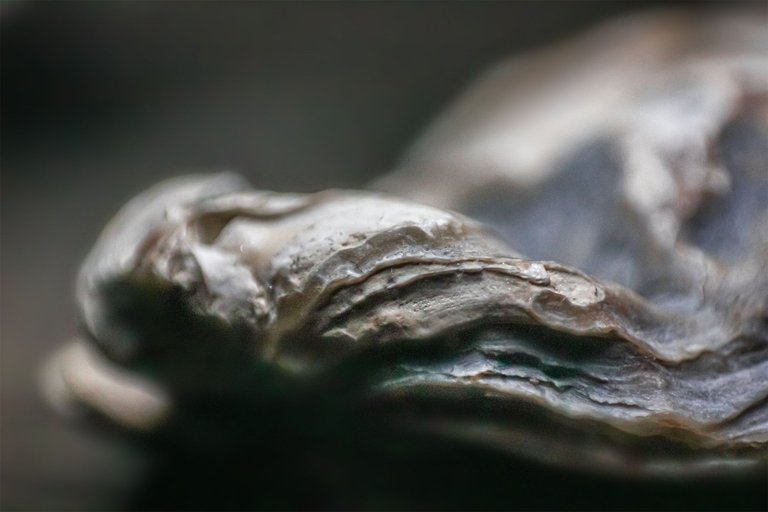
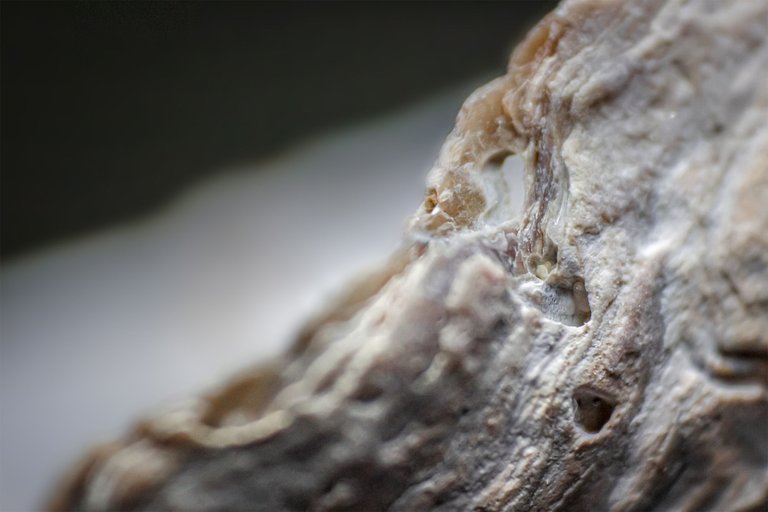
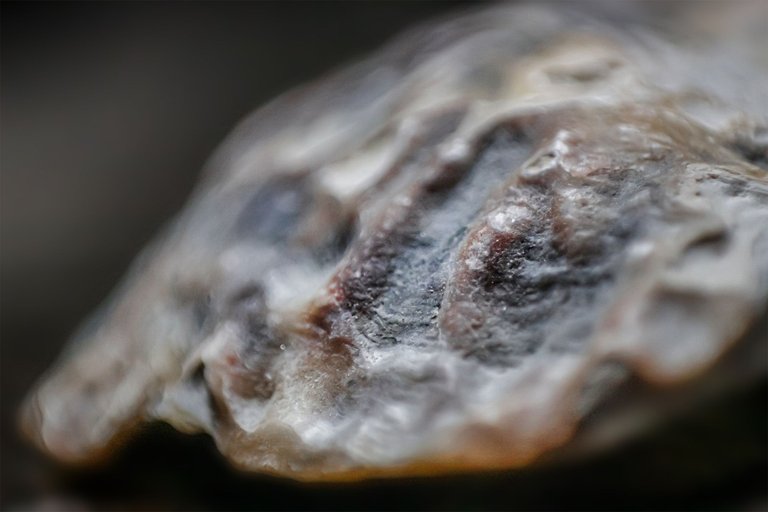
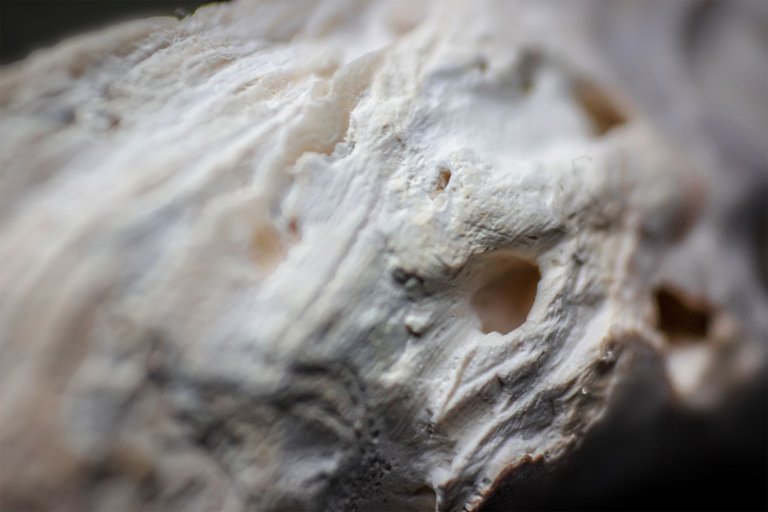
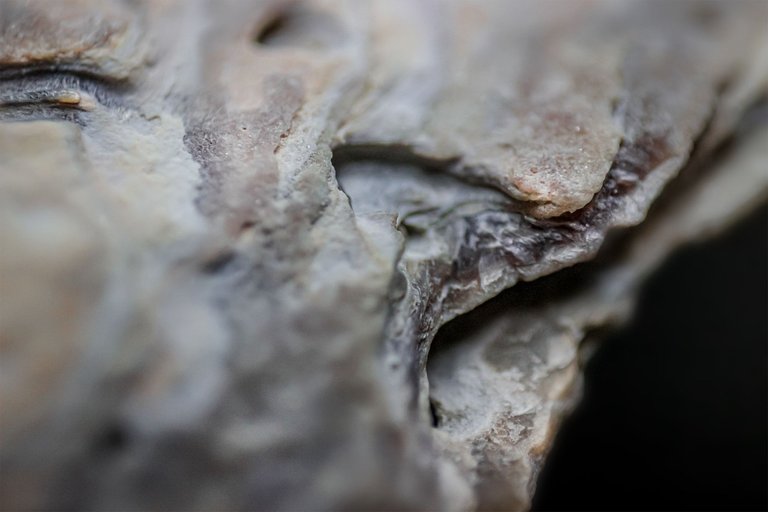
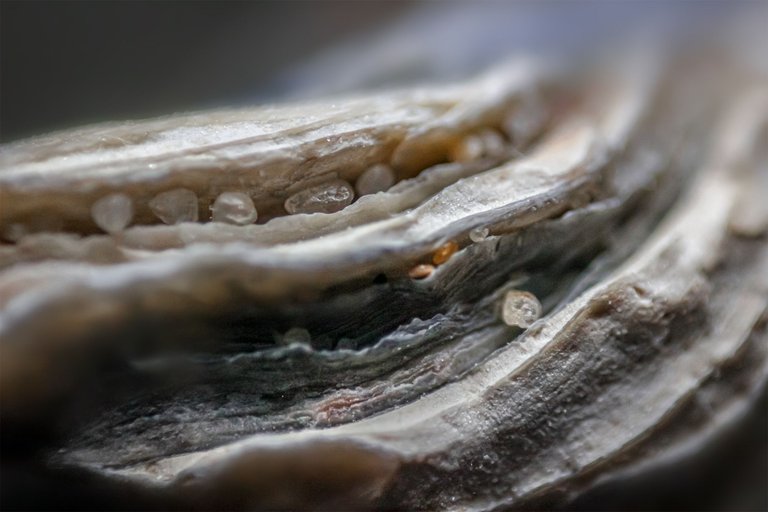
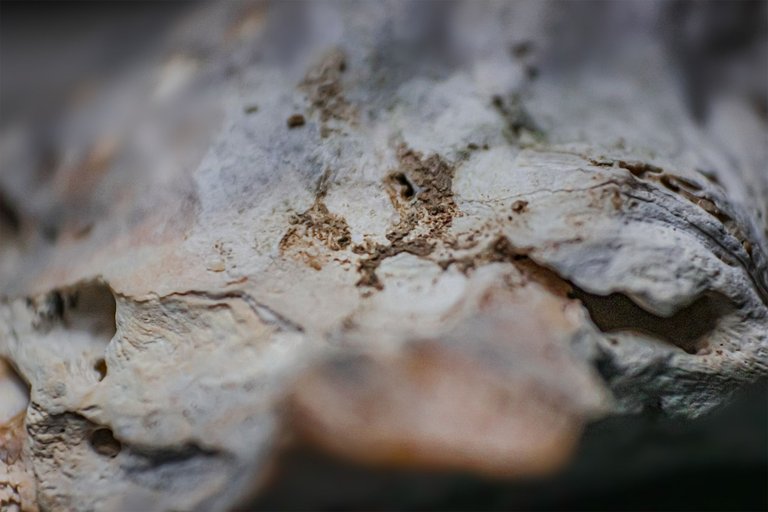
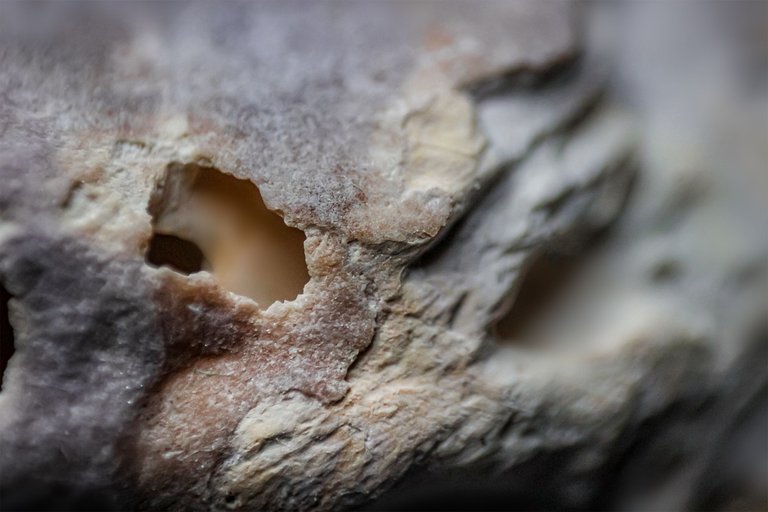
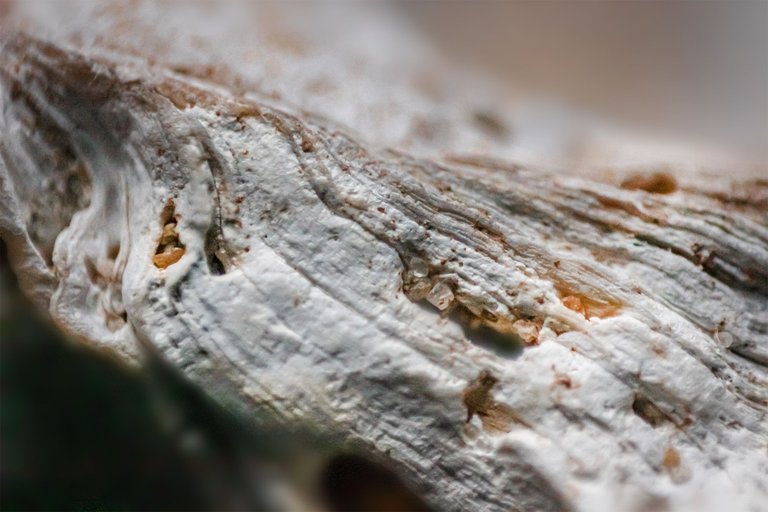
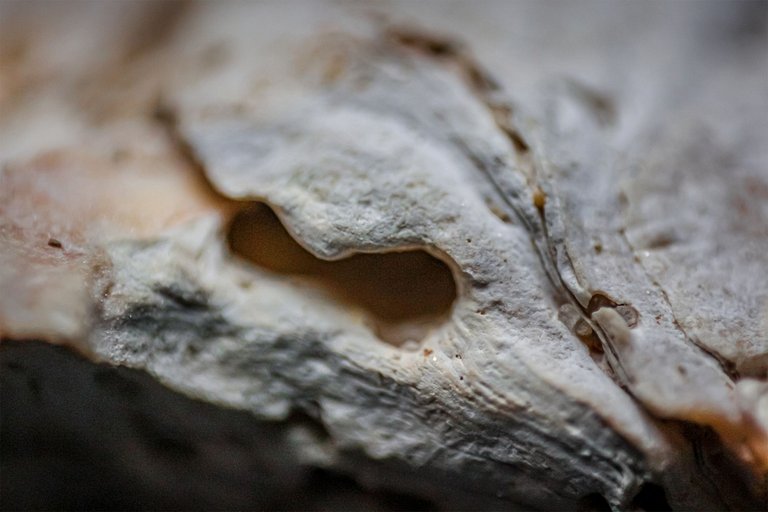
The session is closed for today.
Hope you like it :)

These photos weren't taken with a tripod
Camera - Canon EOS 600D
Lens - EFS 18-55mm
Location - PortugalPhoto by @aleister

See you soon
Thank you for watching
Never forget
The price of anything is the amount of life you trade for it.
Time is life... value yours, make every fraction worth it.
You can query your personal balance by
@goga22 just sent you a DIY token as a little appreciation for your post dear @aleister! Feel free to multiply it by sending someone else !DIY in a comment :) You can do that x times a day depending on your balance so:!DIYSTATSGreat post!
!DIY
Thank you so much :)
🙏🙏🙏🙏🙏💐
👍🙌